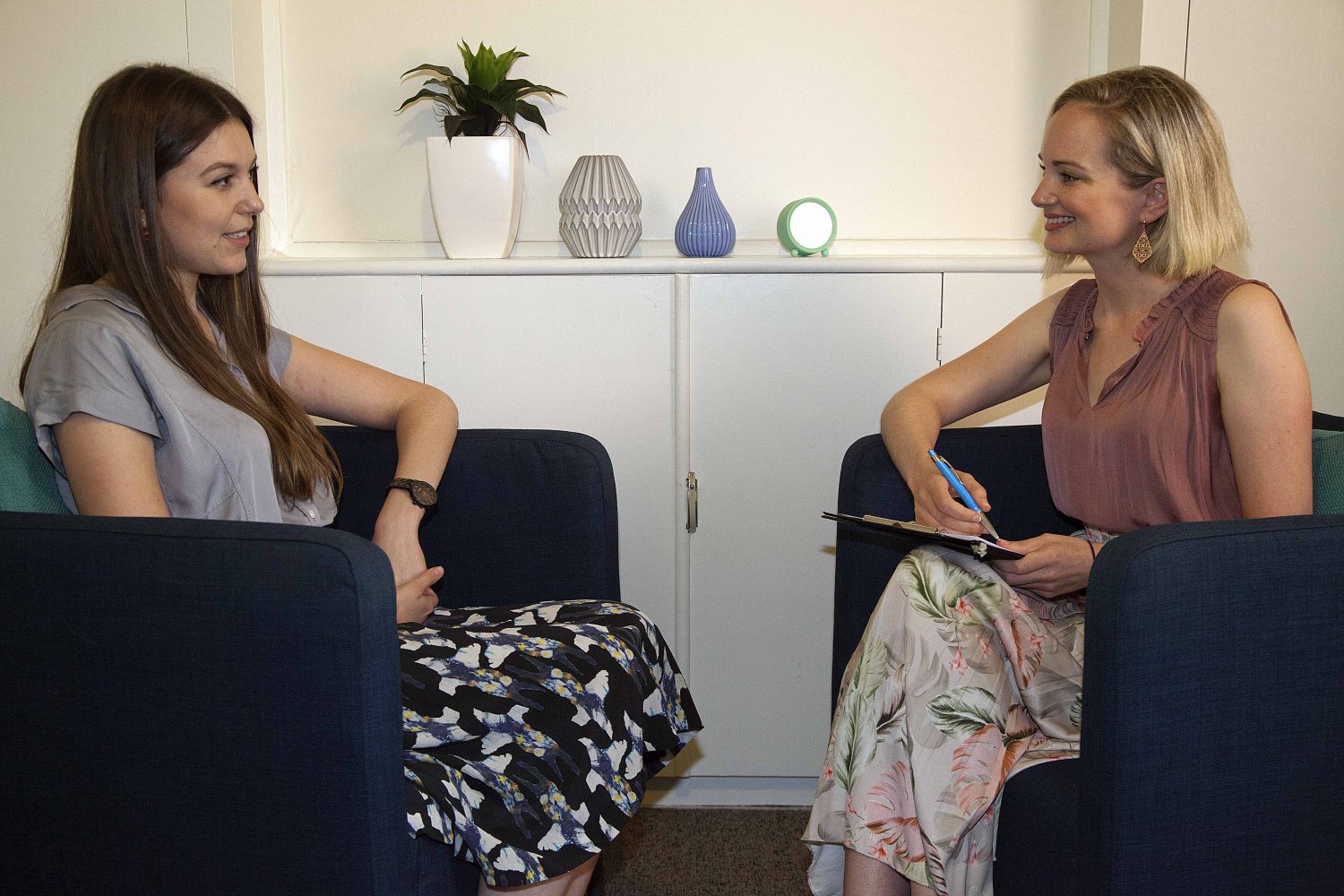
Working in the Field of Eating Disorders: Interview with Psychologist, Dr Vanja Rozenblat
I caught up with psychologist, Dr Vanja Rozenblat, to hear what she had to say about her personal experience working in the field of eating disorders.
Thanks for catching up with me Vanja, tell me; you’ve chosen to focus your psychology work on Eating Disorders – what drew you to this line of work?
I think one of the big things that drew me in was my own experience growing up and just noticing how appearance, and weight in particular were made to be such a big deal, particularly for girls. It wasn’t until I started uni that I realised, “wait, this is a bit messed up!” I felt there were so many things propping up eating disorders – from media, to subtle comments from people, or certain unspoken expectations…And that’s what originally drew me in to wanting to work in and research eating disorders.
From your research, what were your most interesting findings?
So my research has focussed on the genetic underpinnings of eating disorders and disordered eating, and how both genes and the environment together can increase risk for someone developing an eating disorder. Some people might experience difficult life events and not be any more likely to have disordered eating, while for others that’s not the case…your genetics appear to play a role in this. The interesting thing we know from research is that there doesn’t appear to be an eating disorder gene or anything like that…instead it’s likely that the traits we inherit (for example, tending toward perfectionism) might make certain people more susceptible.
What’s the most challenging part in your work with clients with eating disorders?
The fact that beating an eating disorder takes sustained effort for clients…it can sometimes make them feel exhausted or as though the eating disorder just won’t budge. In these times I really emphasise tailoring therapy to where the client is at with their recovery, gently addressing the barriers, and fostering hope – I strongly believe full recovery is possible!
What do you love most about your work with clients with eating disorders?
Definitely all the wonderful people I meet who come in to see me for support with their eating disorder. It’s such a privilege to work with these amazing women (and men now too!)…to help them see their strengths and guide them through eating disorder recovery. It’s a joy to come to work each day.
If there was one thing you could change about eating disorder support, what would it be?
The tricky thing about eating disorder support is that it requires so many, regular, appointments… seeing a psychologist who specialises in eating disorders for weekly sessions, seeing a dietitian regularly, and regular medical check-ups with a GP who has a special interest in eating disorders. It might even involve some inpatient or outpatient stays at a hospital or clinic. Aside from being time consuming, it can really stretch people’s financial resources, and this means not everyone can access the support they need. So I suppose the one thing I would change is: More Medicare funding for people with eating disorders.
However, I’m really excited that the one thing I would change actually IS being changed this year! I absolutely couldn’t contain my excitement when I heard the news about Medicare funding 40 sessions per year for people with eating disorders.
What does the increased Medicare funding for eating disorders mean to you as a psychologist in the field?
Having the 40 Medicare funded sessions per year for people with an eating disorder is going to make an absolutely huge difference in eating disorder treatment. For me…it means being confident that my clients are going to be able to access the psychological and dietetic support they need for recovery…this is massive. I think it’s also a big thing because it means that people are finally starting to realise that an eating disorder is a serious and difficult mental health issue that requires ongoing, specialised care for someone to reach recovery.
If you could send one message to the public about eating disorders, what would it be?
I would say that the stereotypes of people who have eating disorders are often really misleading…and there is so much about eating disorders that is hidden…often we have no idea what the people around us are going through – so be mindful of how you talk about food, body image, and eating! Also advice like ‘why don’t you just eat more/don’t eat so much’ is not very helpful…the person you are talking to has definitely tried that one already! I think that may be more like three messages but I could keep going on and on…
Vanja, thank you so much for taking the time to talk to us today. It is very rare that we get to hear the experience of a psychologist working closely with people with eating disorders.
Vanja is one of our most experienced psychologists when it comes to helping individuals and their families overcome an eating disorder and body image issues. Peaceful Mind Psychology prides itself on its delivery of evidence-based therapies for eating disorders, including CBT-E and DBT. If you would like to seek help for an eating disorder, meet our team who can help or contact us for a confidential chat about who at our clinic may suit you.
